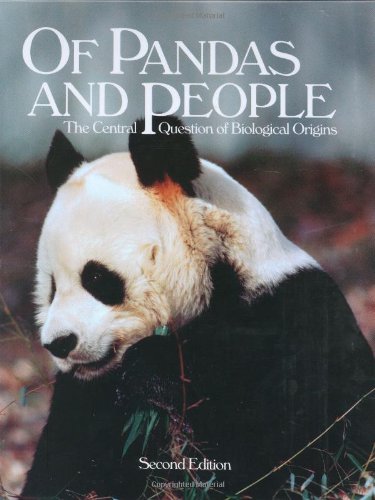

Thinking About the Theory of Design
Introduction: Why Return to a Disreputable Business? Present theological discussions . . . ignore natural theology, and for contemporary linguistic philosophers the Argument from Design possesses no validity whatsoever and is logically and morally indefensible, although it may serve to heighten religious emotions. Meyrick H. Carre“Physicotheology,” The Encyclopedia of Philosophy One wonders what religious emotions the argument from design is Read More ›
Digital Dark Horse Newspapers
The perennial question of all suitors of fate and fortune now whispers and resounds through conference resorts, executive retreats and consulting sessions across the land as business leaders from Hollywood to Wall Street pose with pundits and ponder the new world of converging technologies. Symbolized in a famous mandala by MIT’s Media Lab, this grand fondue of information tools — Read More ›

The death of telephony
Proclaiming “multimedia convergence,” “interactivity,” “intelligent networks,” “electronic yellow pages,” “caller ID,” “500 channels other than pay-per-view” and invoking vistas of “high-definition television”, seers in telephone and television companies give stirring speeches about the future. Contemplating their revenues of tens of billions of dollars (see chart), their laboratories full of new technology, their millions of mostly satisfied shareholders and customers, their Read More ›

Of Pandas and People: The Central Question of Biological Origins
Of Pandas and People gives evidence for intelligent design from origin-of-life studies, biochemistry, genetics, homology, and paleontology. In a unique manner, Of Pandas and People gives the pros and cons of both the biological-evolution theory and the intelligent-design concept. Pandas promotes a widely recognized goal of science education by fostering a questioning, skeptical and scrutinizing mindset. This supplemental biology textbook Read More ›

Metcalf’s Law and Legacy
The world of networks breaks into two polar paradigms. Most familiar is the Public Switched Telephone Network. From the tiniest transistor flip-flop on a modem chip through labyrinthine layers of rising complexity on up to a 4ESS supercomputer switch linking 107,520 telephone trunk lines (itself consisting of millions of interconnected transistors), the public network is a vast, deterministic web of Read More ›
The Whispers of Strangers
Today is my 76th birthday,” the letter began. “Unassisted and by my own free will, I have chosen to take my final passage.” Suicide. My friend Frances died in a cold, impersonal hotel room after taking an overdose of sleeping pills, with a plastic bag tied over her head suffocating the life out of her body. Frances was not a Read More ›

The Issaquah Miracle
In the spring of 1989 when Michael Bookey first visited the Middle School in Issaquah, Wash., to help the school system with its computers, he was reminded of his early ventures into Communist China. After 20 years of working with computer networks, to enter Issaquah seemed to me like encountering an exotic tribe of primitives untouched by the modern world. Read More ›
The Whole Question of Metaphysics
On February 11-16, 1993, the American Association for the Advancement of Science (AAAS) met in Boston for its 159th National Meeting. While several sessions addressed topics of great interest, one in particular — “The New Anti-evolutionism” — focused on issues which have long been featured in OR publications and correspondence.1 This report concentrates on that section.
Transcript of Michael Ruse’s 1993 Speech to the AAAS
(transcript added 5.98)
The Case of the Missing Speaker
Michael Ruse, a philosopher and biology historian at the University of Guelph in Ontario, was probably the best-known speaker featured at the session, “The New Anti-evolutionism.” As session organizer Eugenie Scott remarked before Ruse spoke, “He is almost a person who needs no introduction in this context.” Yet a recent article describing the session in the London Times Higher Education Supplement omits Ruse entirely.2 Although the Times provides the identities and views of all the other speakers in some detail, they make no mention — even in passing — of Ruse nor his talk.
Why the glaring omission? Was Ruse’s talk so commonplace or forgettable that it warranted no mention? Hardly: indeed, the opposite is the case. Ruse is often controversial, but he is rarely boring, and his talk entitled “Nonliteralist anti-evolution as in the case of Phillip Johnson” was true to form; it was (for this correspondent) easily the most memorable and surprising of the meeting. Thus I speculate that Ruse’s conspicuous absence from the Times article may be due to a certain uneasiness about his main point, which, Ruse argued (and I agree) “is an important one.”
This eyewitness report may help to repair the Times complete neglect of Professor Ruse. Let’s begin by reviewing the other speakers’ remarks.
Read More ›